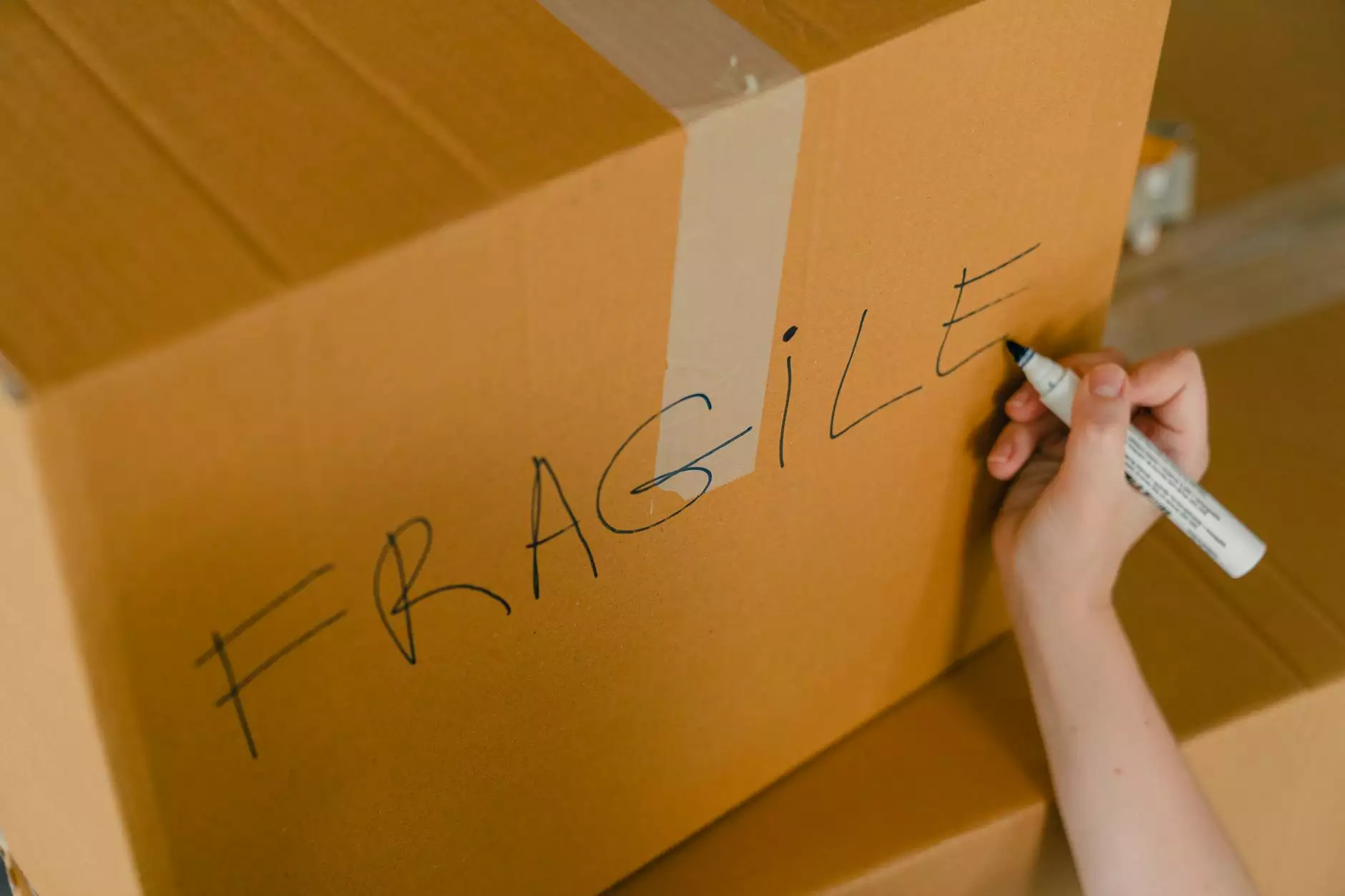How Long Does It Take to Build an App by Yourself?

Building an app by yourself can be a rewarding journey filled with opportunities to learn, innovate, and express your creativity. However, one of the foremost questions many aspiring app developers ask is, "How long does it take to build an app by yourself?" This article will explore various factors that influence app development timelines, methodologies you can adopt, and tips to expedite your project without compromising quality.
Understanding the App Development Timeline
The timeline for developing an app varies widely based on several factors. Generally, here are some key elements to consider:
- Complexity of the App: Simple apps may take a few weeks, while complex apps with advanced features can take several months or even years.
- Your Skill Level: Experienced developers can usually complete projects faster than novices.
- Type of App: Native, hybrid, or web apps have different development requirements that affect timelines.
- Development Approach: Agile methodologies can lead to faster iteration, while traditional methods might extend timelines.
The Stages of App Development
To enhance your understanding of the timeline, let’s break down the app development process into stages:
1. Planning and Research
During this initial phase, you pinpoint your app's purpose, target audience, and essential features. Typically, this stage may take 1 to 2 weeks depending on thoroughness.
2. Design
Designing the user interface (UI) and user experience (UX) is vital for your app's success. Wireframes and prototypes are created during this phase, generally requiring 2 to 4 weeks.
3. Development
In the development stage, actual coding begins. This is where you’ll see significant variations in timelines:
- Basic apps: 2 to 3 months
- Moderately complex apps: 3 to 6 months
- Highly complex apps: 6 months to 1 year+
4. Testing
Quality assurance is critical to ensure your app functions as intended. Testing might take 2 to 4 weeks, depending on the app's intricacies and the number of platforms it supports.
5. Launch
Once testing is complete, you’ll focus on deploying the app to app stores, which can take 1 week or more based on store approval time.
Factors Impacting App Development Timeline
Several factors can significantly influence how long it takes to build an app by yourself:
1. Technical Skills and Experience
Your familiarity with programming languages, frameworks, and tools can either shorten or extend the development timeline. If you’re new to coding, consider dedicating time to learn the essentials or using no-code/low-code platforms to expedite the process.
2. Availability of Resources
Having access to the right tools and resources can streamline app development. High-quality design software, coding tools, and project management applications contribute positively to productivity.
3. Scope of Features
Feature sets dictate the complexity of your app. The more features you intend to implement, the more time you'll need for both development and testing phases. Prioritize features according to necessity and time constraints.
4. Feedback and Iteration
Receiving user feedback during development can help refine your app but may prolong the timeline due to necessary adjustments and additional testing phases. Embrace iteration as a crucial part of your development process.
Strategies to Speed Up App Development
While thoroughness is key in app development, there are strategies you can adopt to reduce the time it takes without sacrificing quality:
1. Define Clear Objectives
Clarifying the purpose and objectives of your app will guide your development process. Set SMART goals (Specific, Measurable, Achievable, Relevant, Time-bound) to stay focused and efficient.
2. Start with an MVP
By building a Minimum Viable Product (MVP), you can launch a version of your app with core functionalities first. This allows for quicker feedback, letting you refine the app based on user needs without extensive initial investment in complex features.
3. Utilize Frameworks and Libraries
Frameworks like React Native or Flutter can dramatically reduce development time by allowing you to build apps for multiple platforms simultaneously. Libraries can also provide pre-written code for common functionalities.
4. Prioritize Testing
Integrate testing into each stage of development instead of saving it for the end. Continuous testing helps you catch issues early, making the overall process more efficient.
5. Learn As You Go
If you encounter a challenge or lack knowledge, take a moment to learn or find a solution. Investing time to solve a problem correctly can save you from spending more time correcting mistakes later.
Conclusion
In summary, the question "How long does it take to build an app by yourself?" does not have a one-size-fits-all answer. The timeline can range from a few weeks for simple applications to several months or years for comprehensive ones. By assessing your goals, skills, and the resources at your disposal, you can create a roadmap that not only meets your timeline but also ensures a quality app upon completion. Embrace the journey, as each step will enhance your understanding of mobile app development and set the stage for future projects.
Final Thoughts
Building an app is a significant undertaking, but with the right approach and mindset, it’s a task that can be accomplished by anyone dedicated to learning. With platforms like nandbox.com, you can access tools that simplify the development process and eliminate many technical burdens. Emphasize continual learning and adaptation, and your app development journey will not only be productive but also enjoyable.









